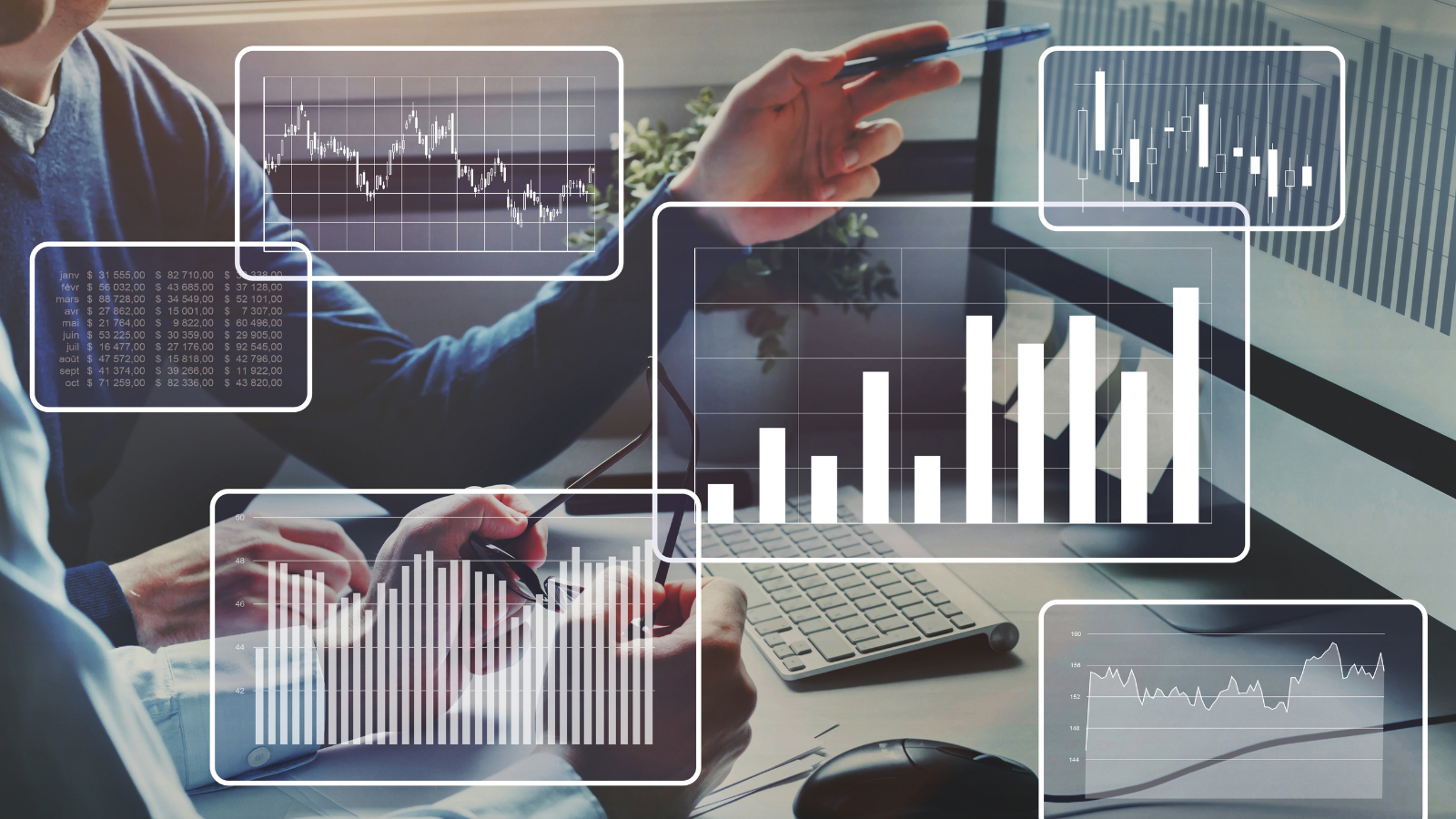New IT solutions will be essential to effectively implementing the Carbon Border Adjustment Mechanism (CBAM) and achieving European Green Deal goals. The cost of importing steel into the EU will rise significantly in the next decade, with the automotive and construction sectors seeing heavy downstream impacts, says a Boston Consulting Group (BCG) and SAP joint study.
The European Commission calculates that importers will face additional costs of around €2 billion ($2.06 billion) annually by 2030, when the price of carbon in the EU is projected to reach more than €100/tonne, compared with around €84 today.
By 2032, the cost of iron and steel imported into the EU from the US and UK could rise by 6%, from Turkey by 10%, from South Korea by 12%, from China by 17%, and from India by 32%, the study notes. The downstream impact could fall most heavily on the automotive, construction, packaging, and consumer appliances sectors – the biggest users of CBAM products. For example, an EU construction company importing 100 tonnes of Indian steel would pay CBAM costs of €24,600, or 32% of the current price.
“Most of the basic data necessary for compliance is likely already contained in companies’ ERP and procurement systems, as well as in the border management software that calculates customs duties,” the report seen by Kallanish indicates. “But IT solutions are needed that integrate and share this data in an efficient and secure way that provides transparency for everyone in the supply chain.”
“One idea is to establish something like a secure carbon data exchange. Take a hypothetical European truck manufacturer. Foreign suppliers upstream, such as iron mines, plastics producers, steel mills, and makers of components, would load their data into the exchange. Downstream importers of those products, such as the truck maker itself or third parties, would download the data to ensure compliance with the new regulation,” it continues.
The EU truck manufacturer would then have full visibility into emissions in its supply chain, the carbon border taxes that have been paid, and the taxes it owes. The data exchange would also ensure that importers properly claim rebates and exemptions.
Starting from 2023, EU importers will need to document and report the CO2 footprints of imported electricity and of materials such as steel, iron, aluminium, cement, and fertilizers. Chemicals, hydrogen and plastics may be included as well. Starting in 2026, this task will get more challenging: importers will need to calculate and pay a levy on each tonne of CO2 tied to those imports.
Adam Smith Poland






